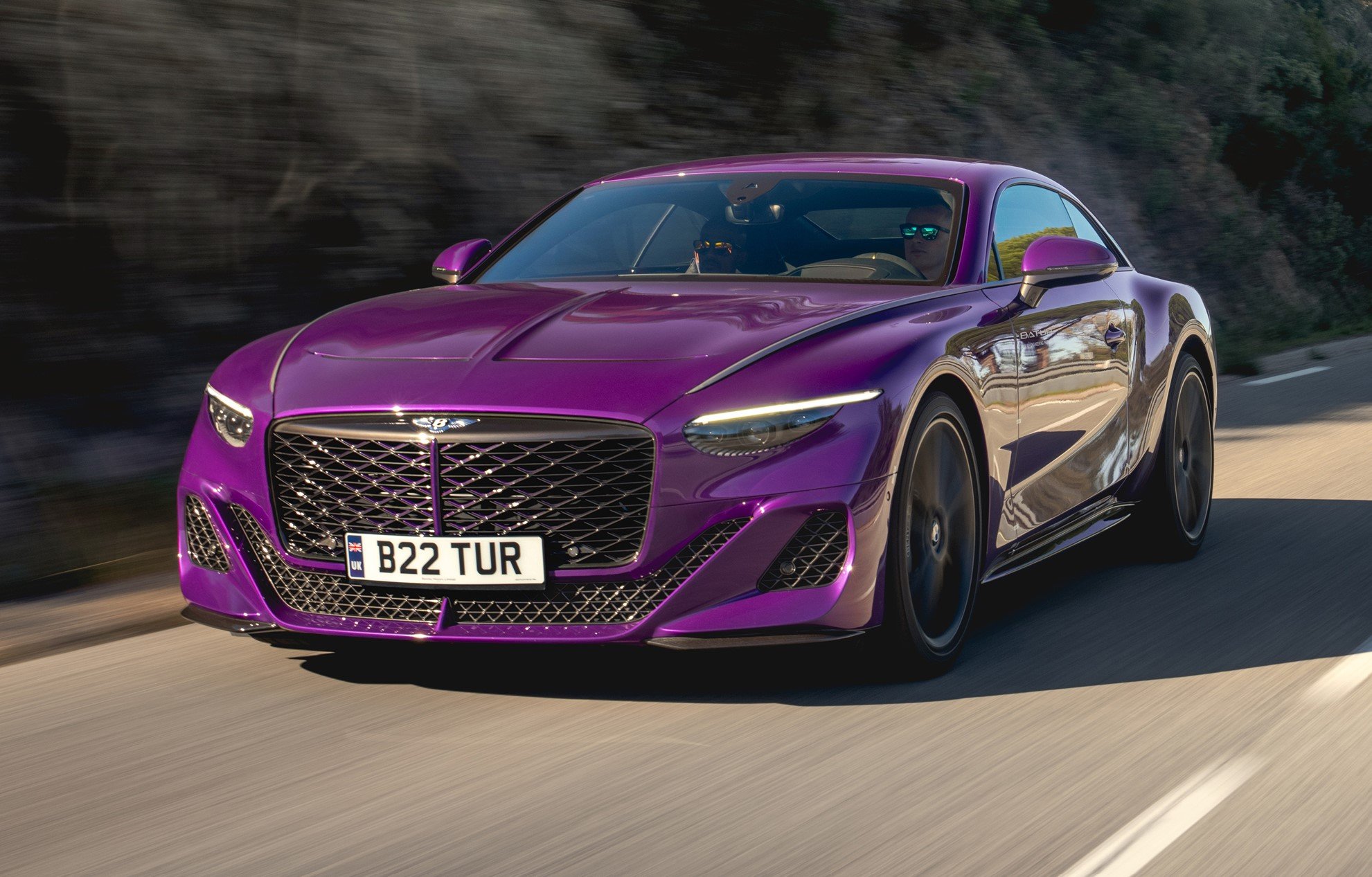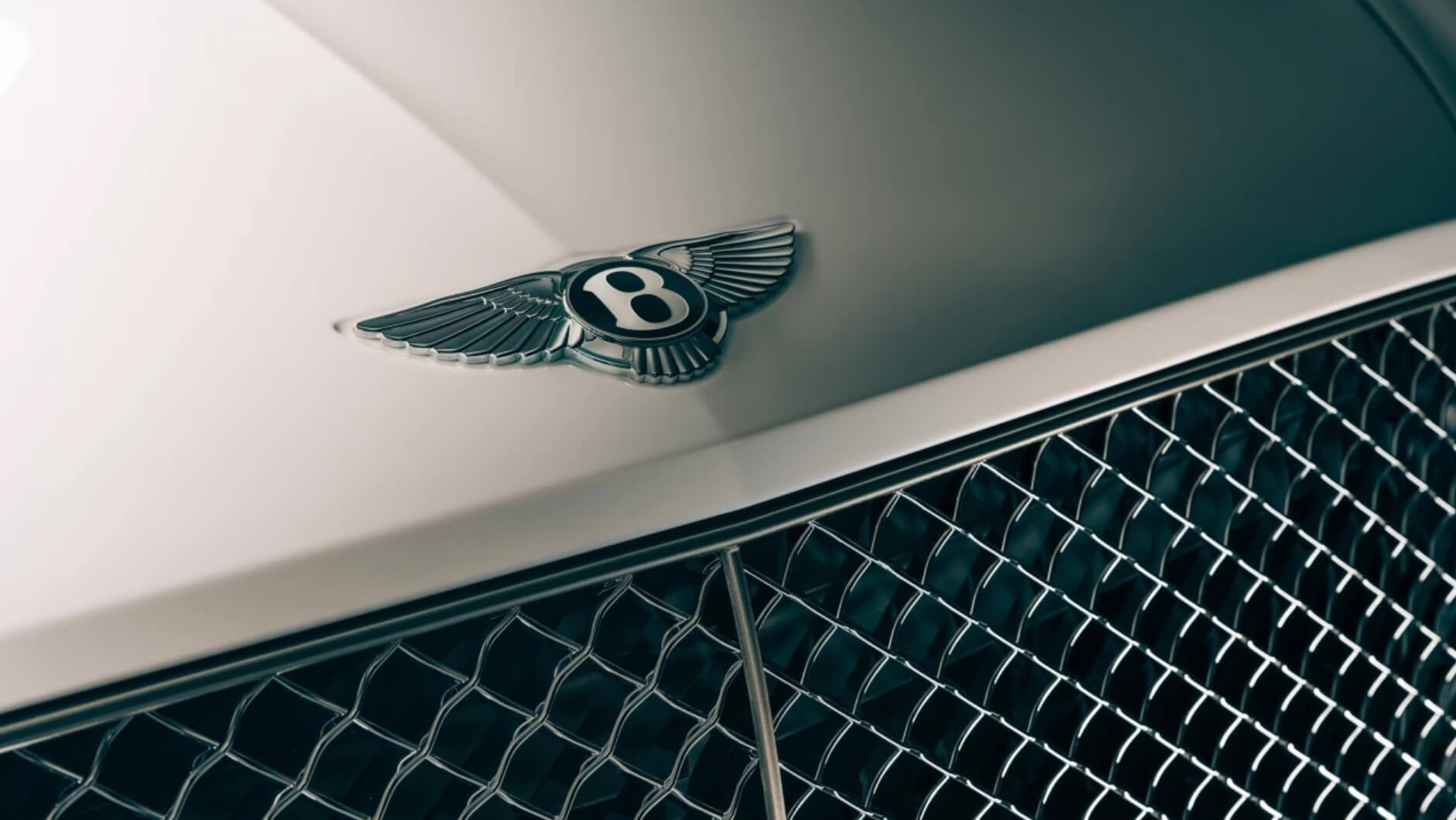Bentley says it will import the ‘W12 of batteries’ amid current disadvantages for UK battery production but remains fully committed to expanding British production.
Bentley will import the “W12 of batteries” it needs to begin its electrification era in 2026, says CEO Adrian Hallmark, but it remains fully committed for the long term to designing and building its cars in a rapidly expanding Crewe plant.
“Britishness is fundamental,” said Hallmark, speaking at the Financial Times’ Future of the Car forum. “Bentley being made anywhere other than Britain would destroy its brand equity. We are fixed, and we are staying here.”
Bentley could conceivably change its battery importation plans if a suitable supplier were to emerge here, Hallmark suggested, but that would require at least one major player to open a battery plant large enough to have spare capacity. At present, importation was “an easy decision.”
Hallmark said it was “surprising if not a bit concerning” that no BEV or battery manufacturer had yet chosen the UK as an inward destination for green mobility investment, apart from the incumbents. Britain currently makes two million of the 80 million cars currently produced globally and could make many more, but even the present production levels will require at least three gigafactories.
According to Hallmark, the UK currently has disadvantages for firms contemplating battery manufacture, not counting its inherent drawbacks such as an island location and the recent loosening of its links with Europe.
Firms bidding to build gigafactories here must currently cope with 30% higher energy costs than in mainland Europe. And battery construction consumes huge quantities of energy, which needs to be renewable “otherwise you’re building CO2 into clean cars”.
Incentives from governments in rival countries also have to be “part of the equation”, says Hallmark, not least for an automotive giant like Bentley’s parent, the Volkswagen Group, which is already on course to build seven gigafactories in countries such as Spain and Canada, and has committed $30 billion (AUD$44.26bn) to the electric revolution.
Incentives offered elsewhere, which are in the public domain, are “an order of magnitude” greater than those in the UK, says Hallmark. We need to offer “something approaching equivalent incentives” to get the ball rolling.





